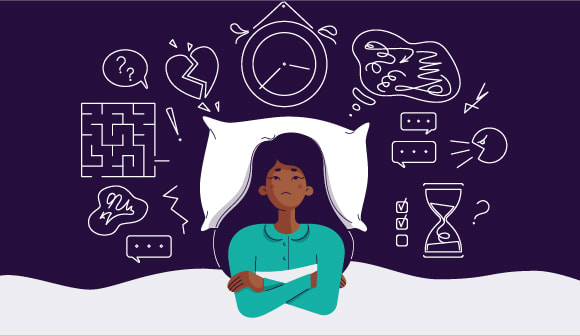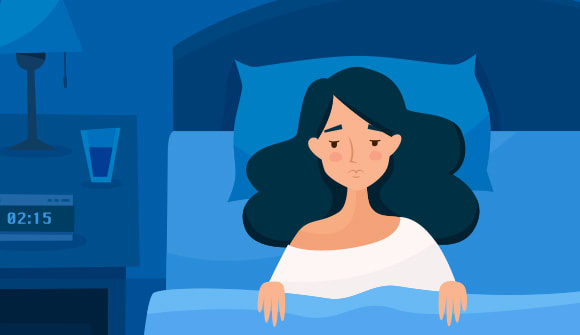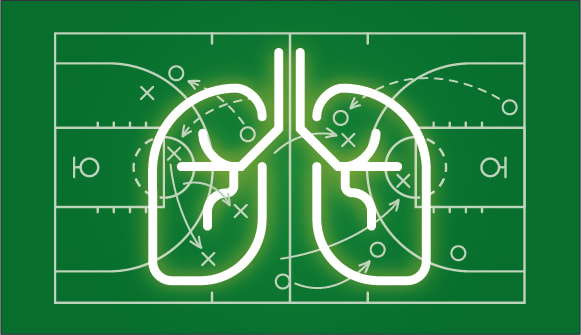Secrets of sleep doctors
4 proven ways to beat insomnia.
Article Author: Guest Columnist
Article Date:

Our guest columnist is Emily White, PhD, licensed psychologist and director of the Behavioral Sleep Medicine Program at Baptist Behavioral Health.
Ever stare at the ceiling in the wee hours of the morning and wonder if sleep experts feel your pain? The short answer is yes.
Sleeping problems are likely to affect most Americans at one time or another and the professionals are no exception. Even those who treat sleep disorders for a living may experience periods of insomnia, including problems falling asleep, difficulty staying asleep, waking up too early, or some combination of all three.
Whether you’re drawn to the late-night lure of scrolling social media, or dealing with stress, anxiety or “COVID-somnia,” you need the tossing and turning to stop. Sleep deprivation affects your physical, mental and emotional health.
Fortunately, we’ve got four secret strategies sleep doctors follow when we find ourselves wide awake:
- Delay bedtime. When people aren’t getting enough sleep, they’re often tempted to go to bed progressively earlier. Unfortunately, an earlier bedtime rarely results in more sleep. Instead, more time in bed often leads to long stretches of time lying awake. Staying up later builds up your body’s sleep hunger (also known as sleep pressure). Waiting to go to bed until sleep pressure is maximized (your eyes feel heavy and you may nod off) can help you fall asleep faster and stay snoozing through the night.
- Create a clock-free zone. It’s tempting to stare at the clock and notice each passing minute when you’re not sleeping. However, seeing the time overnight can stimulate your mind. Once your brain becomes active, it can be hard to shut it off. Cover your clock, turn it toward the wall, or move your phone away from the bed so you’re not tempted to look. Have an alarm set so you’ll be awake when you need to, but until the alarm goes off, no peeking!
- Get out of bed. (Yes, you read that right!) You want to avoid planning, problem-solving, or worrying in bed. If you find yourself doing any of these, the best strategy is to get out of bed. If you can’t shut your thoughts off, try doing something calming and non-stimulating, like reading a book or magazine, starting a puzzle or word search, coloring, or listening to a podcast, guided meditation or soft music. Your goal is to do something relaxing and enjoyable, not to fall asleep. Once you start to feel sleepy, get back into bed.
- Make no effort. Many people with insomnia complain they can fall asleep on the couch but as soon as they get into bed, they feel wide awake. Often this is because people aren’t trying to sleep on the couch – they’re focused on watching TV or relaxing instead – but as soon as their head hits the pillow, they start trying to sleep. Sleep is most likely to come when you’re relaxed and not forcing it. Just let sleep unfold.
If sleep difficulties don’t resolve within a couple of weeks or have been going on longer than three months, you may benefit from individualized behavioral treatment for insomnia. Contact Baptist Behavioral Health’s Behavioral Sleep Medicine Program at 904.376.3800 to schedule a consultation.



